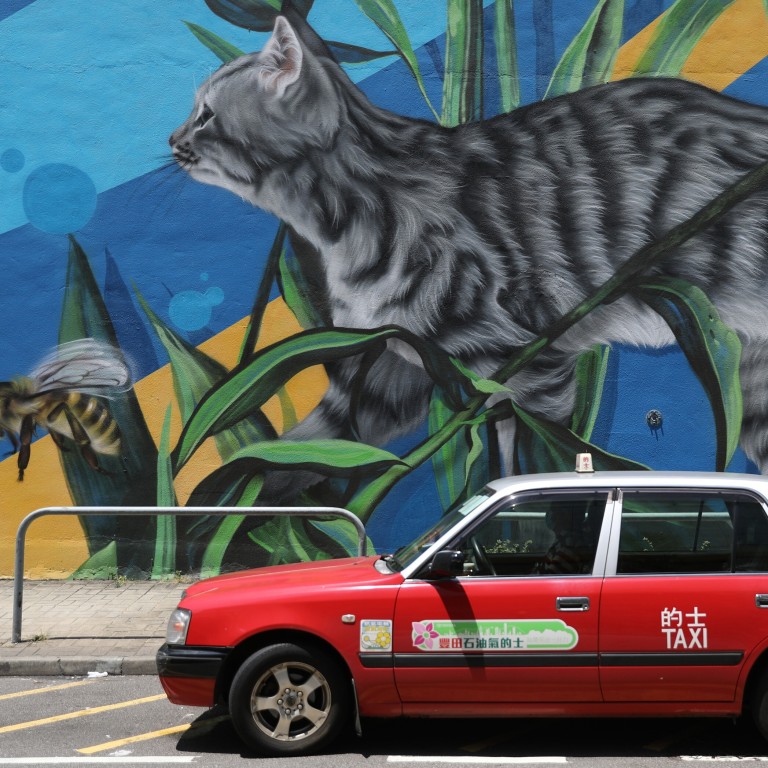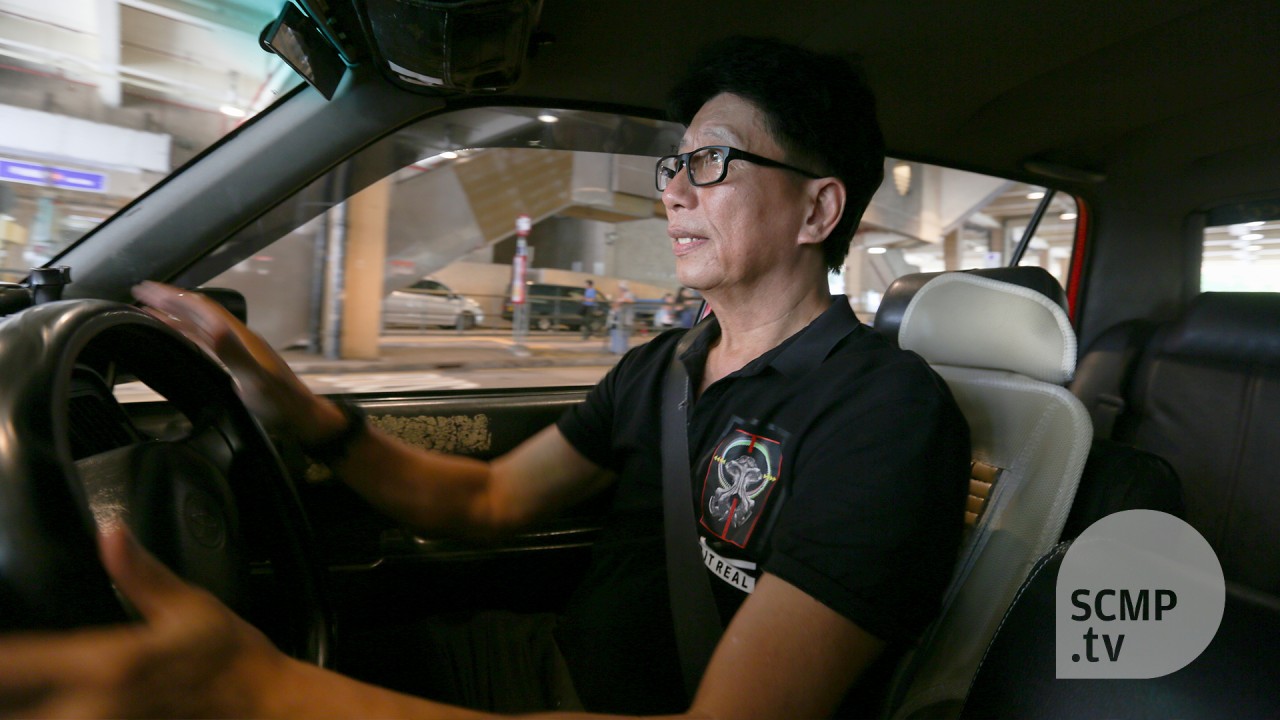
Letters | Quick route to better rides on Hong Kong taxis: licence system reform
Uber driver numbers in Hong Kong surge during Covid-19 crisis
To help the taxi industry, the government should reform the original system. It could cancel all the existing licences and release new ones with an expiry date. This would give more people a chance to own the taxi they drive instead of renting it from licence owners who care little about customer service and are only interested in the money received at the end of the day.
Yuki Wong, Tseung Kwan O
Rate taxi drivers to improve service quality
The franchised taxi services bill was introduced to address these issues, but I believe it is an inadequate attempt to balance the ride-hailing market in Hong Kong. The franchised taxi services idea is not feasible and might adversely affect the existing taxi market.
As Hong Kong is a small city, most passenger trips are short. Therefore, a premium taxi service would not be very attractive to passengers. People will continue to choose Uber, which is a premium service at a competitive rate that is fixed at the start of the journey, rather than premium taxis.
Instead of launching franchised services, the government should first deploy more resources to tackle misbehaving taxi drivers and upgrade the existing pool of 18,000-odd cabs.

01:49
Taxi driver delivers joy to Hongkongers with a guestbook
Undeniably, this is not an opportune time to introduce a premium taxi service, as the economy and people’s earnings have been hard hit by Covid-19. However, the government should take into account the costs and benefits of premium taxis in deciding whether to reintroduce the bill in the future.
Carrie Chan, Tseung Kwan O

